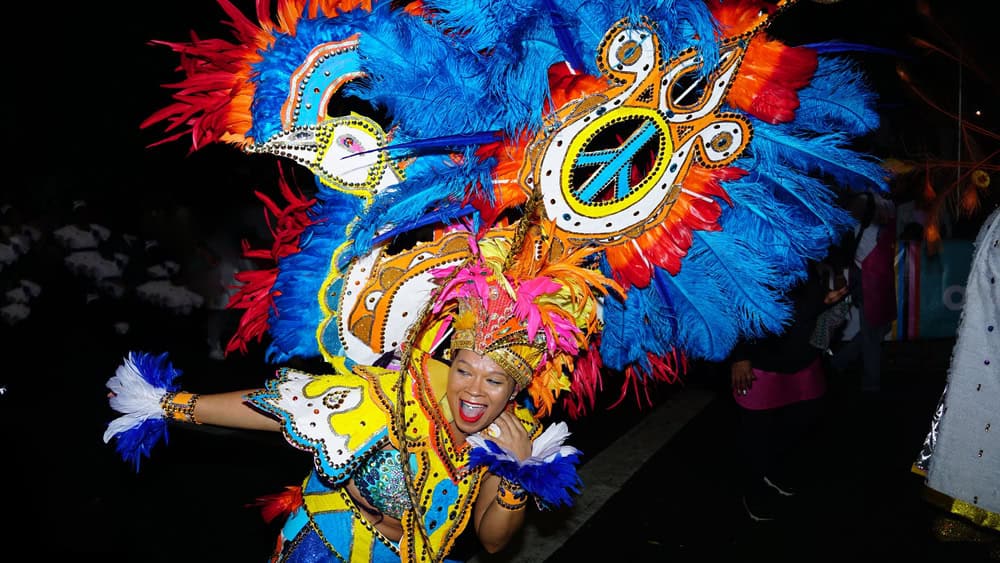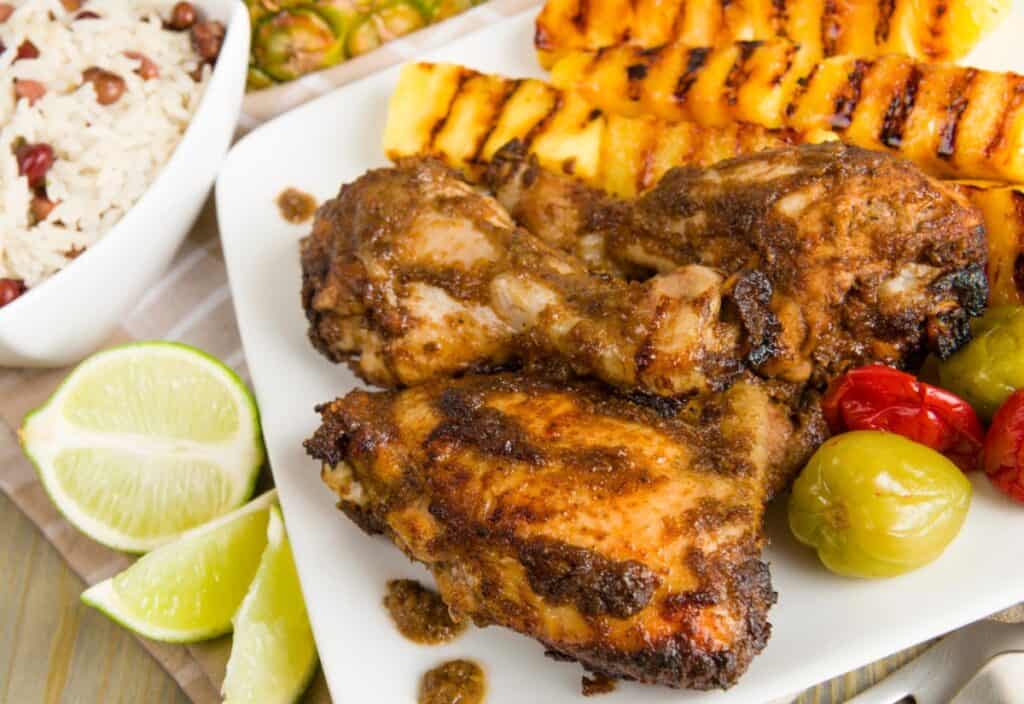Have you ever wondered what makes the Caribbean so uniquely captivating? It’s not just the pristine beaches and crystal-clear waters — though those are undeniably enticing. The true allure of the Caribbean lies in its rich history, vibrant culture, and the diverse tapestry of traditions that have shaped its identity over centuries. Join me on a journey through the Caribbean’s history and heritage, where we’ll uncover some of its most fascinating cultural treasures.

A Melting Pot of Influences
The Caribbean is a remarkable mosaic of cultures. Its history is a tapestry woven with threads from Africa, Europe, Asia and the indigenous people who originally inhabited these islands. The story of the Caribbean begins long before Christopher Columbus set foot on its shores in 1492. The islands were home to the Taíno, Carib and Arawak people who had their own rich cultures and traditions. Their legacy is still evident today in place names, language and artifacts found throughout the region.
Colonial Footprints and Cultural Fusion
With the arrival of Europeans, the Caribbean became a hotbed of colonial activity. Spanish, French, British, Dutch and Danish powers each claimed different islands, bringing with them their own languages, religions and customs. This colonial era was marked by the establishment of plantations, which sadly relied heavily on the transatlantic slave trade. The forced migration of millions of Africans to the Caribbean resulted in a profound cultural fusion that is central to the region’s identity today.
Despite the tragic circumstances, African traditions and influences have profoundly enriched Caribbean culture. From music and dance to cuisine and religion, the African heritage is a vibrant and vital part of Caribbean life. Take, for instance, the rhythm of reggae from Jamaica, calypso from Trinidad and Tobago and the soulful beats of Haitian rara. These genres, with their infectious rhythms and poignant lyrics, echo the stories of resilience and hope that define the Caribbean spirit.
Music: The Heartbeat of the Caribbean
Speaking of music, it’s impossible to talk about the Caribbean without diving into its musical legacy. The region is a powerhouse of musical innovation, giving the world genres that are now global phenomena. Reggae, for instance, isn’t just music; it’s a movement. Rooted in the struggles and aspirations of the Jamaican people, it became a voice for social change and justice, thanks to icons like Bob Marley.
And let’s not forget about soca and dancehall, which are guaranteed to get you moving. These genres reflect the vibrant, celebratory spirit of the Caribbean, especially evident during the countless festivals and carnivals that dot the calendar. If you get the chance, add the Trinidad and Tobago Carnival to your bucket list. The explosion of color, music, and dance is a testament to the enduring cultural vitality of the Caribbean.
Cuisine: A Flavorful Feast
Now, let’s talk about food. Caribbean cuisine is a delightful adventure for the taste buds, reflecting its multicultural influences. Each island has its unique culinary traditions, but they all share a common love for bold flavors and fresh ingredients. Picture this: A plate of jerk chicken from Jamaica, seasoned with fiery Scotch bonnet peppers and aromatic spices, or perhaps a serving of Trinidadian doubles, a delicious street food made of curried chickpeas sandwiched between fried flatbreads.

Seafood lovers will be in paradise here. From Barbadian flying fish to Bahamian conch fritters, the bounty of the Caribbean Sea is celebrated in countless delectable dishes. And for dessert? You can’t go wrong with a slice of rum-soaked fruit cake or a bowl of creamy coconut ice cream.
Festivals: A Year-Round Celebration
The Caribbean is synonymous with celebrations. Festivals are an integral part of life, and they offer a perfect lens to view the region’s rich culture. Take Carnival, for example. This pre-Lenten festival is celebrated with unmatched enthusiasm in countries like Trinidad and Tobago, Dominica, and Grenada. It’s a sensory overload of music, dance and elaborate costumes, rooted in both African and European traditions.

Another highlight is Jamaica’s Reggae Sumfest, the biggest festival dedicated to reggae music. This week-long event attracts visitors from all over the world, eager to soak in the island’s laid-back vibes and legendary music scene. And then there’s the Gombey Festival in Bermuda, showcasing the island’s unique blend of African, Caribbean and British cultures through mesmerizing dance and drumming performances.
Preserving the Past, Embracing the Future
While the Caribbean is steeped in history, it’s also a region that looks forward. Efforts to preserve its cultural heritage are evident in the numerous museums, heritage sites and cultural initiatives across the islands. The Barbados Museum and Historical Society, the Bob Marley Museum in Jamaica, and the Museum of Antigua and Barbuda are just a few examples where you can dive deep into the region’s past.
Moreover, the Caribbean’s commitment to preserving its natural heritage is equally impressive. The region’s breathtaking landscapes — from the lush rainforests of Dominica to the stunning coral reefs of Belize — are protected and cherished, ensuring that future generations can continue to enjoy these natural wonders.
The Caribbean Spirit
What makes the Caribbean truly special is its people. Renowned for their warmth and hospitality, the Caribbean locals embody the region’s indomitable spirit. Despite the challenges of history, the Caribbean has emerged as a region characterized by resilience, creativity and an infectious zest for life.
So, whether you’re dancing to the infectious beats of a steel drum band, savoring the complex flavors of a traditional dish or simply lounging on a pristine beach with a rum punch in hand, remember that you’re experiencing the essence of the Caribbean — a region where history and heritage are not just preserved but celebrated with every beat, every bite and every smile.
There you have it, a glimpse into the cultural treasures of the Caribbean. The next time you think of this paradise, remember that it’s not just a tropical escape but a vibrant, living tapestry of history, culture and tradition waiting to be explored.